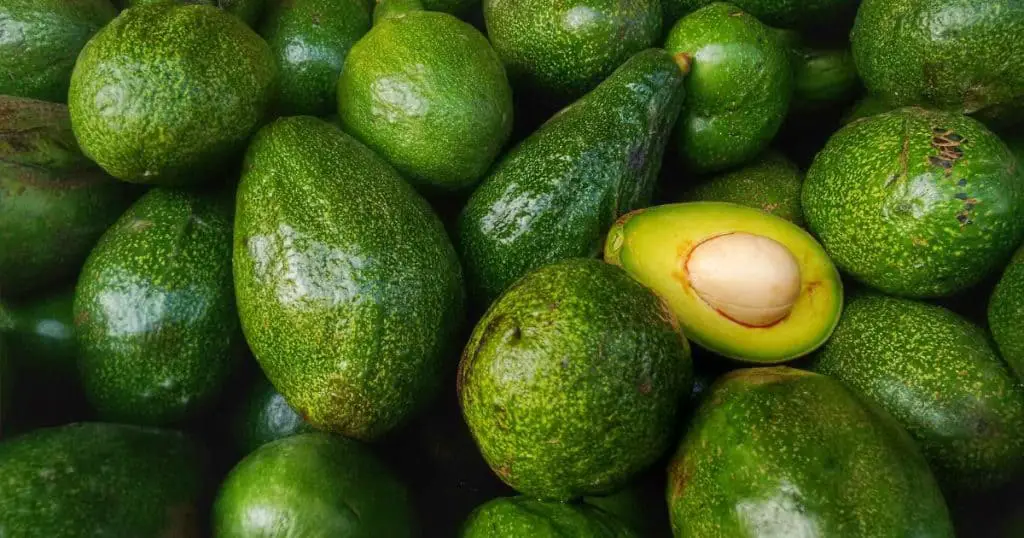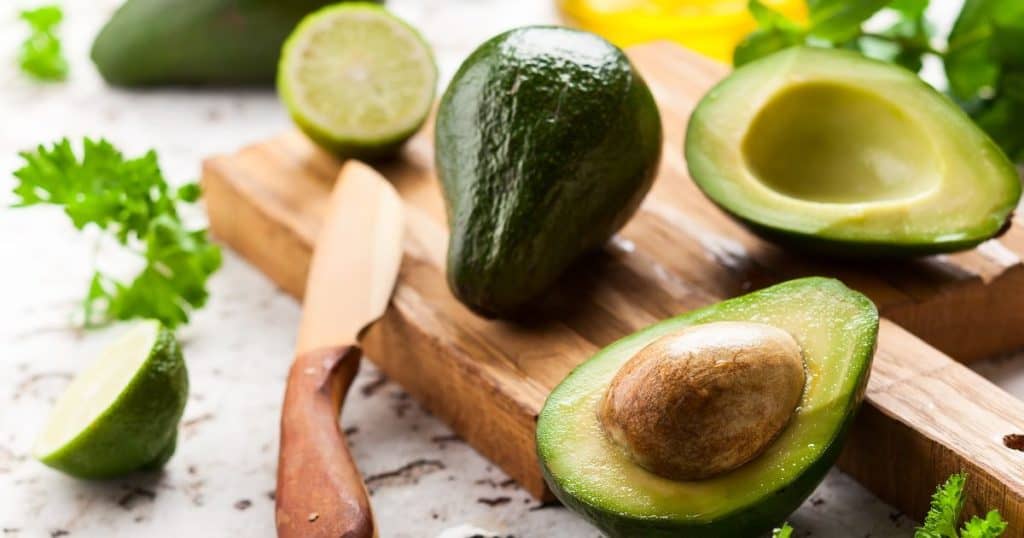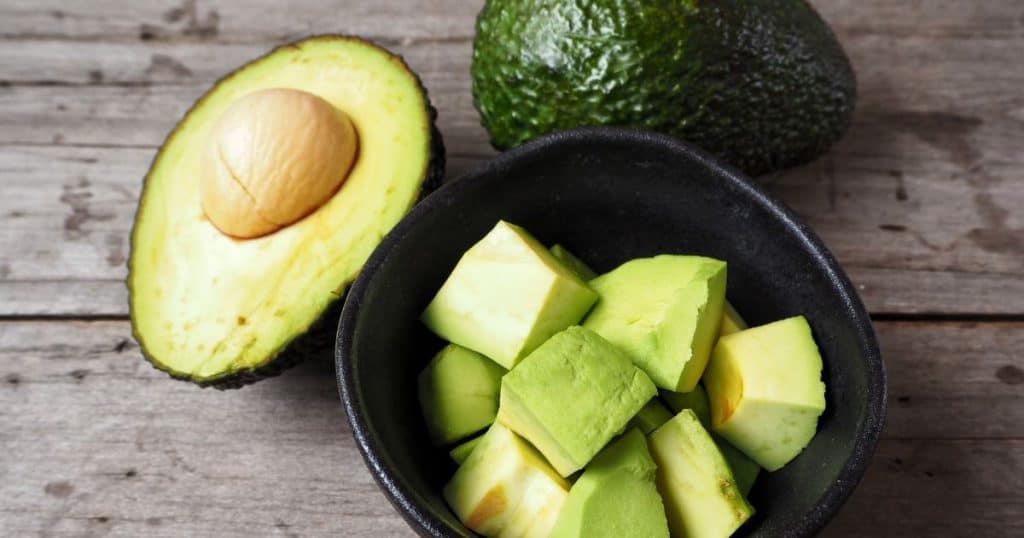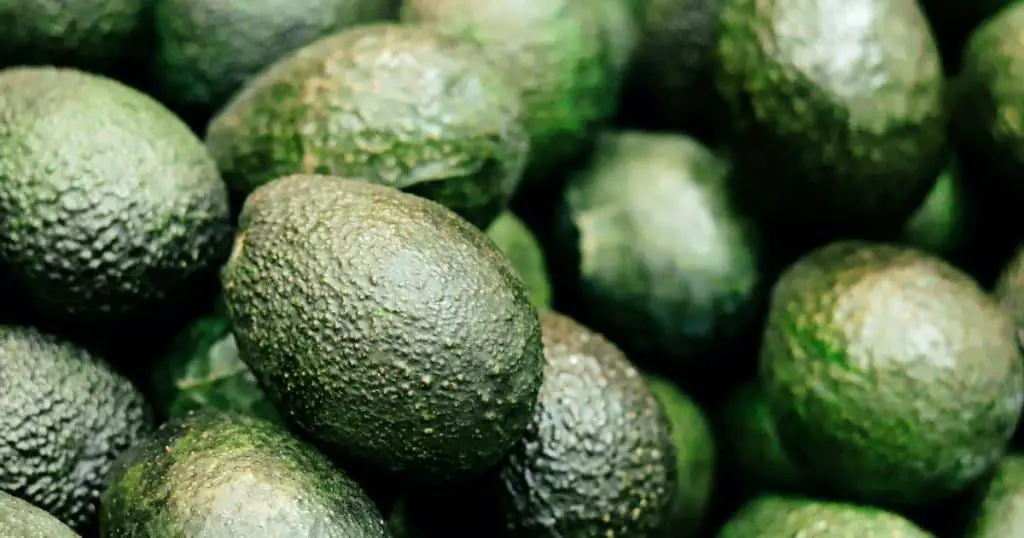Table of Contents
Are Dogs Allergic to Avocados?
Dogs are often considered a part of the family. As such, many pet owners want to share their favorite foods with their furry companions. However, not all human foods are safe for dogs to consume. One food that has been the subject of debate among dog owners is avocados.
Avocado is a popular fruit that is known for its creamy texture and health benefits. It is rich in healthy fats, fiber, and vitamins. However, some pet owners are hesitant to share this fruit with their dogs due to concerns about potential allergic reactions. So, are dogs allergic to avocados?
In this article, we will explore the question of whether dogs can safely consume avocados. We will examine the potential health benefits and risks of feeding avocados to dogs, as well as the signs of an allergic reaction. By the end of this article, pet owners will have a better understanding of whether avocados are a safe food for their furry companions.
What are Avocados?
Avocados are a fruit that is native to Mexico and Central America. They are also known as “alligator pears” due to their rough, scaly skin. Avocados are a popular food item due to their creamy texture and nutty flavor. They are often used in salads, sandwiches, and guacamole.
Avocados are a good source of healthy fats, fiber, and vitamins. They are high in monounsaturated and polyunsaturated fats, which can help lower cholesterol levels and improve heart health. They also contain potassium, which can help lower blood pressure.
However, avocados also contain a substance called persin, which can be toxic to some animals. Persin is found in the leaves, bark, and seeds of the avocado plant, but it is most concentrated in the fruit’s skin and pit. While persin is generally safe for humans to consume, it can cause health problems for certain animals, including dogs.
Canine Allergies to Avocados

While avocados are not necessarily toxic to dogs, they can cause allergic reactions in some canines. Just like humans, dogs can develop allergies to certain foods, and avocados are no exception.
Symptoms of Avocado Allergies in Dogs
When a dog is allergic to avocados, they may experience a range of symptoms, including:
- Vomiting
- Diarrhea
- Difficulty breathing
- Itching and skin irritation
- Swelling of the face, throat, or tongue
If your dog is experiencing any of these symptoms after consuming avocados or any other food, it is important to seek veterinary care immediately.
Causes of Avocado Allergies in Dogs
Avocado allergies in dogs are caused by an overactive immune system that mistakenly identifies the proteins in avocados as harmful. While some dogs may be more prone to developing food allergies, any dog can develop an allergy to avocados or any other food.
Diagnosis of Avocado Allergies in Dogs
If you suspect that your dog is allergic to avocados, your veterinarian will likely perform a physical exam and may recommend allergy testing. Allergy testing can help identify the specific allergen that is causing your dog’s symptoms, allowing you to avoid it in the future.
Treatment for Avocado Allergies in Dogs
If your dog is diagnosed with an avocado allergy, the best course of action is to avoid feeding them avocados or any foods that contain avocado. In some cases, your veterinarian may prescribe medication to help manage your dog’s symptoms, such as antihistamines or corticosteroids.
Avocado Toxicity in Dogs

While avocados are a delicious and healthy snack for humans, they can be toxic to dogs. The flesh of the avocado fruit is not toxic to dogs, but other parts of the plant, including the leaves, bark, and pit, contain persin, a toxin that can cause serious health problems in dogs.
Symptoms of Avocado Toxicity in Dogs
The symptoms of avocado toxicity in dogs can vary depending on the amount of persin ingested and the size of the dog. Some of the most common symptoms include:
- Vomiting
- Diarrhea
- Lack of appetite
- Difficulty breathing
- Lethargy
- Abdominal pain
Causes of Avocado Toxicity in Dogs
The exact mechanism by which persin causes toxicity in dogs is not fully understood. However, it is known that the toxin can cause damage to the heart, lungs, and other organs, and can also cause gastrointestinal distress.
Diagnosis of Avocado Toxicity in Dogs
If you suspect that your dog has ingested avocado or any part of the plant, it is important to seek veterinary care immediately. The veterinarian will perform a physical exam and may order blood tests or other diagnostic tests to determine the extent of the toxicity and the best course of treatment.
Treatment for Avocado Toxicity in Dogs
The treatment for avocado toxicity in dogs will depend on the severity of the symptoms and the amount of persin ingested. In some cases, the dog may need to be hospitalized for supportive care, including intravenous fluids and medications to control vomiting and diarrhea. In severe cases, surgery may be necessary to remove any remaining avocado pit or other plant material from the dog’s digestive tract.
It is important to note that prevention is the best way to avoid avocado toxicity in dogs. If you have an avocado tree or keep avocados in your home, make sure that they are kept out of reach of your dog. If you suspect that your dog has ingested any part of the avocado plant, seek veterinary care immediately.
Preventing Avocado-Related Health Issues in Dogs

While avocados are not inherently toxic to dogs, they can cause health issues if consumed in large amounts or if the dog has an allergy to them. To prevent any avocado-related health issues in dogs, it is important to take the following precautions:
- Do not intentionally feed your dog avocados.
- If you are eating an avocado, do not give your dog any scraps or leftovers from it.
- Make sure to keep any avocados or avocado-containing products out of reach of your dog.
- If you suspect that your dog has consumed any avocado or avocado-containing products, monitor them closely for any signs of illness or discomfort, and contact your veterinarian if necessary.
It is also important to note that while avocado oil is not toxic to dogs, it is still high in fat and can cause pancreatitis in susceptible dogs. Therefore, it is best to avoid giving your dog any avocado products altogether.
Additionally, if you have an avocado tree in your yard, it is important to keep your dog away from it. The leaves, fruit, seeds, and bark of avocados contain persin, which can cause vomiting and diarrhea in dogs and other animals. Birds, horses, and rodents are especially sensitive to avocado toxicity, and sheep and goats can also develop serious clinical signs.
To ensure the health and safety of your furry friend, it is best to err on the side of caution and avoid giving them any avocados or avocado-containing products.
Before You Go

While avocados are not toxic to dogs, it is still recommended to avoid feeding them to your furry friend. Avocados contain persin, a fungicidal toxin that can cause serious health problems, even death, in many animals. However, according to PetMD, avocado pulp is not toxic to dogs, and there are some health benefits to eating the flesh of an avocado, including vitamins, fatty acids, and antioxidants.
It is important to note that avocados are also high in fat, which can cause pancreatitis, inflammation of the digestive organ called the pancreas. In some cases, this condition can even be fatal. Additionally, the pit of an avocado does not digest particularly well in a dog’s intestinal tract and might cause a gastric or an intestinal blockage.
As a rule of thumb, it is best to stick to a well-balanced, high-quality dog food that meets all of your dog’s nutritional needs. While it may be tempting to share your human food with your dog, it is important to remember that some foods can be harmful to them. If you suspect that your dog has ingested something toxic, it is important to contact your veterinarian immediately.
Related Articles:

